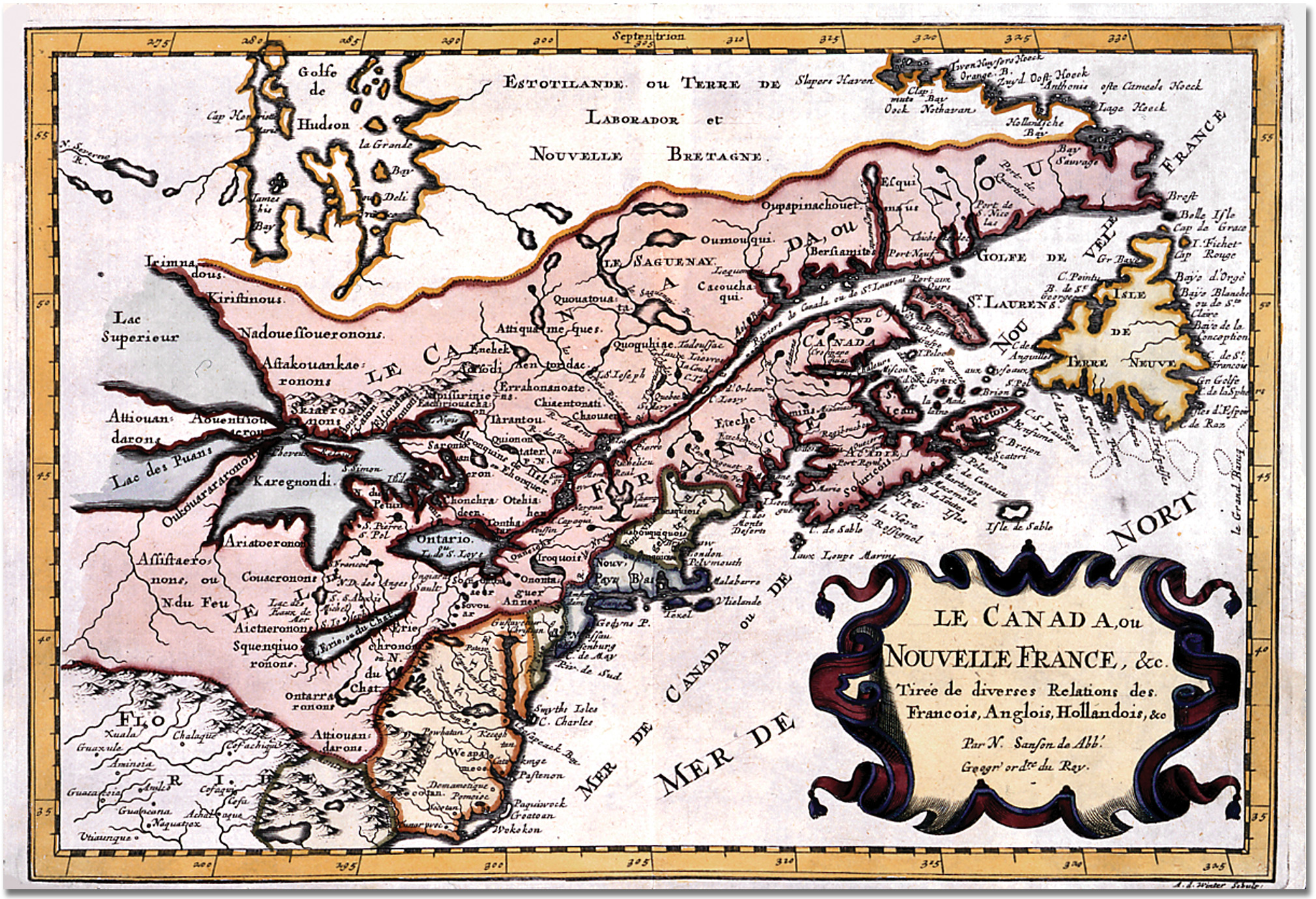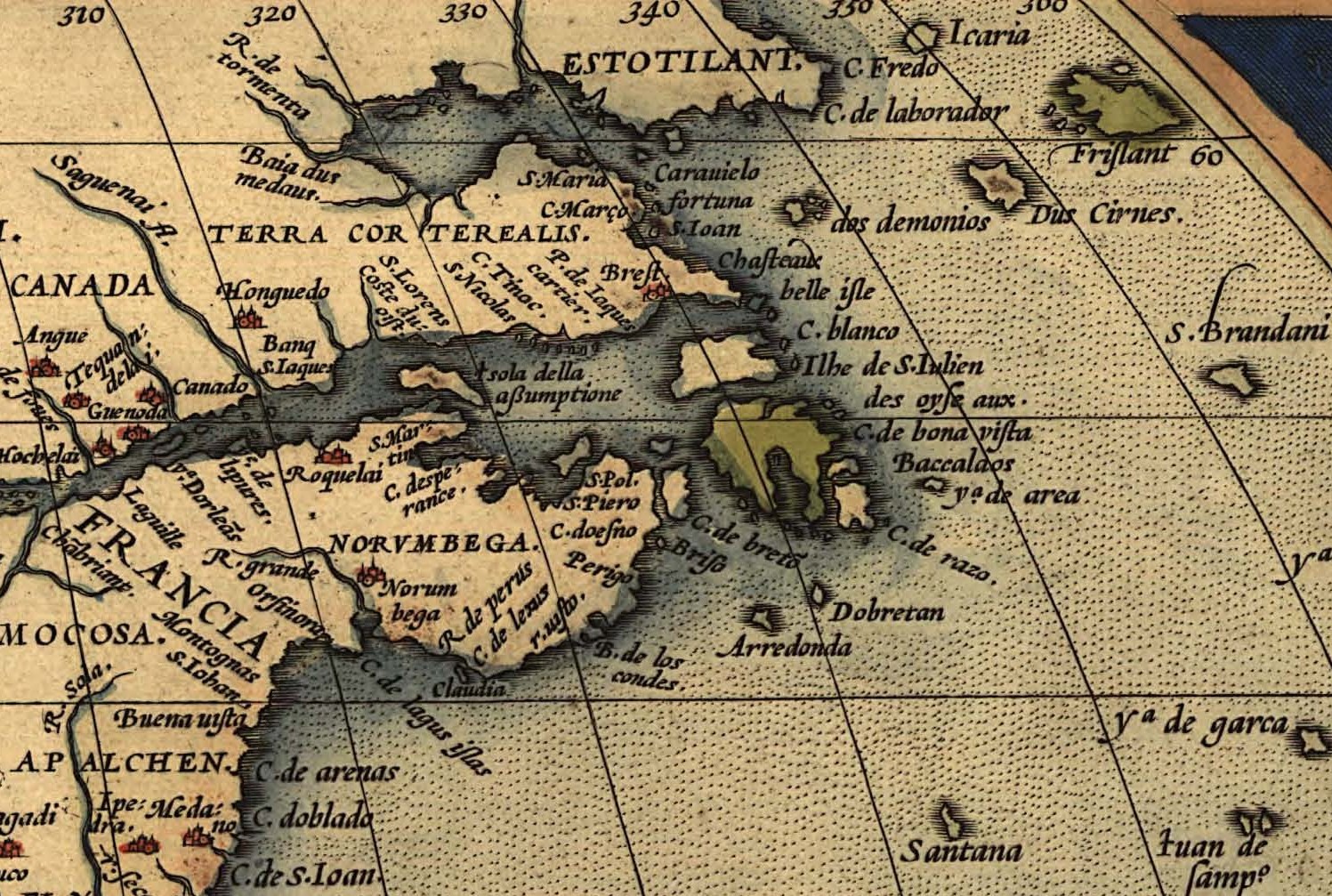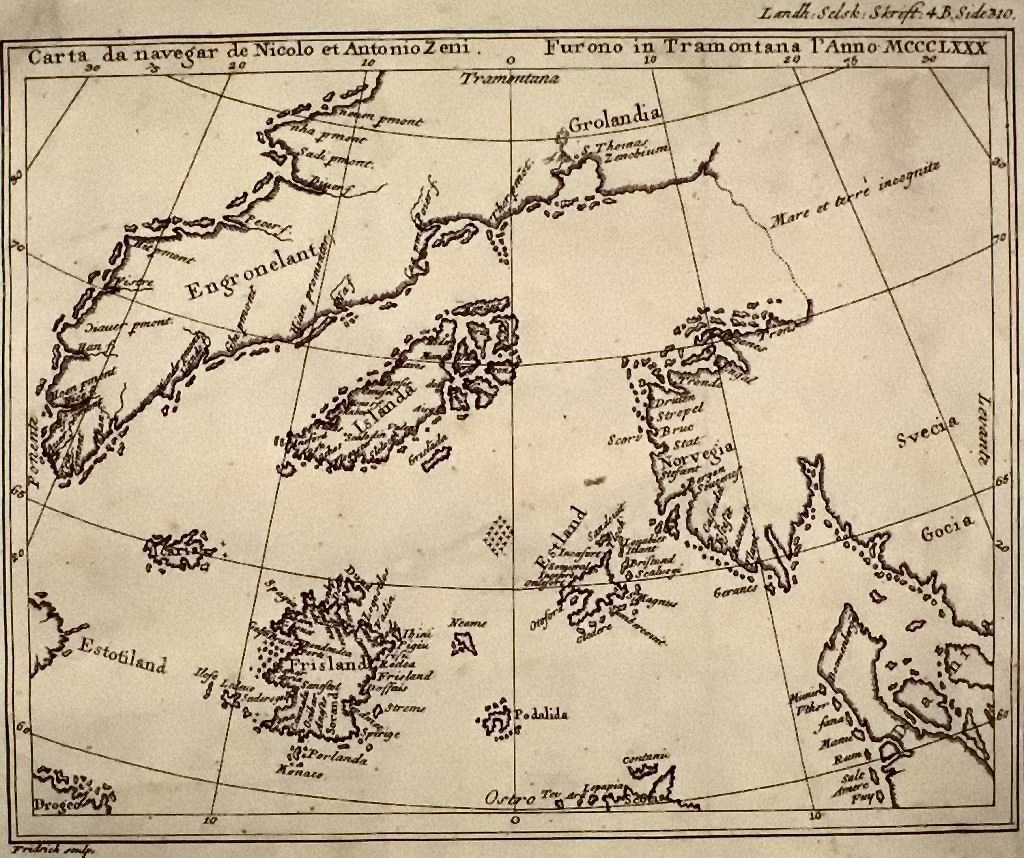Estotiland on:
[Wikipedia]
[Google]
[Amazon]
{{Multiple issues, {{more footnotes, date=March 2017{{refimprove, date=March 2017



 Estotiland is a region that appeared on the
Estotiland is a region that appeared on the
Encyclopédie de Diderot et d'Alambert
Washington Irving, ''Histoire de la vie et des voyages de Christophe Colomb'', Volume 4, éditions Charles Gosselin, Paris, 1828
Historic maps of the world Pre-Columbian trans-oceanic contact



 Estotiland is a region that appeared on the
Estotiland is a region that appeared on the Zeno map
Zeno ( grc, Ζήνων) may refer to:
People
* Zeno (name), including a list of people and characters with the name
Philosophers
* Zeno of Elea (), philosopher, follower of Parmenides, known for his paradoxes
* Zeno of Citium (333 – 264 BC), ...
, located where Labrador, Quebec, and Newfoundland are now situated on nautical charts.
Zeno's description
According to the letters that accompanied the Zeno map, Estotiland was discovered by fishermen who sailed in the North Atlantic during the 14th century. Zeno, in a report addressed to his brother, writes: : The fishing vessel "Frise" was blown westward by a storm, and arrived at a land named "Estotiland," whose inhabitants traded with "Engroenelandt." This country, "Estotiland," was very fertile, and had mountains inland. The king of this country possessed books written in Latin, which he did not understand. The language that he spoke and his subjects shared no similarity to that of the Norse. The king of Estotiland, seeing that his guests sailed safely with the aid of an instrument (the compass), persuaded them to make a maritime expedition to another land to the south called "Drogeo." A number of historians have considered this map and these letters to be fakes since the 16th century. Nonetheless, a map created by French cartographerNicolas Sanson
Nicolas Sanson (20 December 1600 – 7 July 1667) was a French cartographer who served under two kings in matters of geography. He has been called the "father of French cartography."
Life and work
He was born of an old Picard family of Sco ...
around 1660 testifies to the existence of Estotiland and to its location north of New France.
Etymology
Several hypotheses have been put forward pertaining to the origin of the word Estotiland. * ''Estocafis'' or ''estocafic'', two words referring to cod used in Mediterranean recipes (stockfish in English), may be the term's origin, as cod has been fished in the area for centuries. * A corruption of the word ''Escociland'', land of the Scottish (the Zeno brothers spoke of a welcoming population of Viking origin who had Latin Bibles). * From the Germanic ''ost'', possibly meaning "east of the lands of beyond."Sources
Encyclopédie de Diderot et d'Alambert
Washington Irving, ''Histoire de la vie et des voyages de Christophe Colomb'', Volume 4, éditions Charles Gosselin, Paris, 1828
Historic maps of the world Pre-Columbian trans-oceanic contact